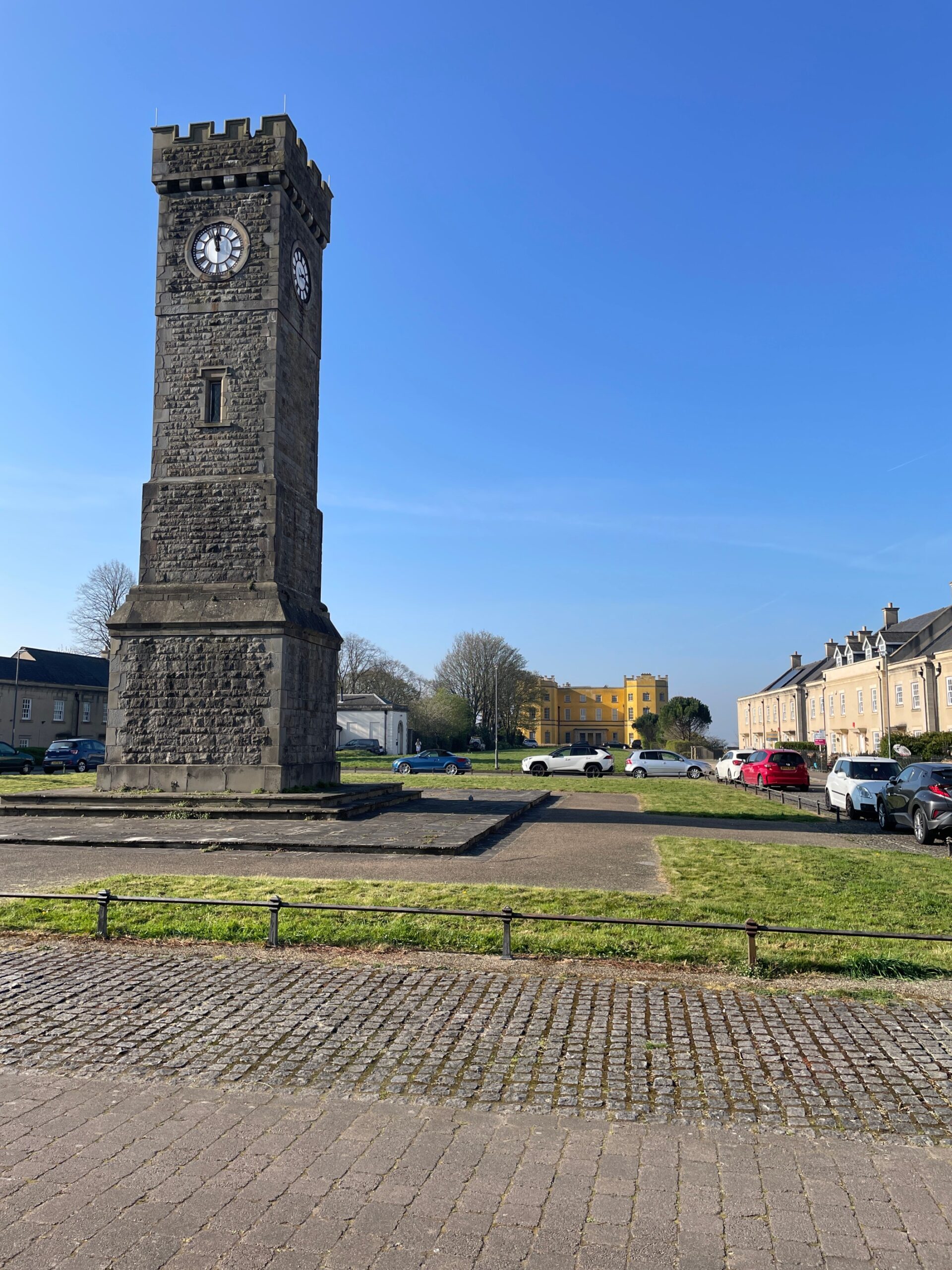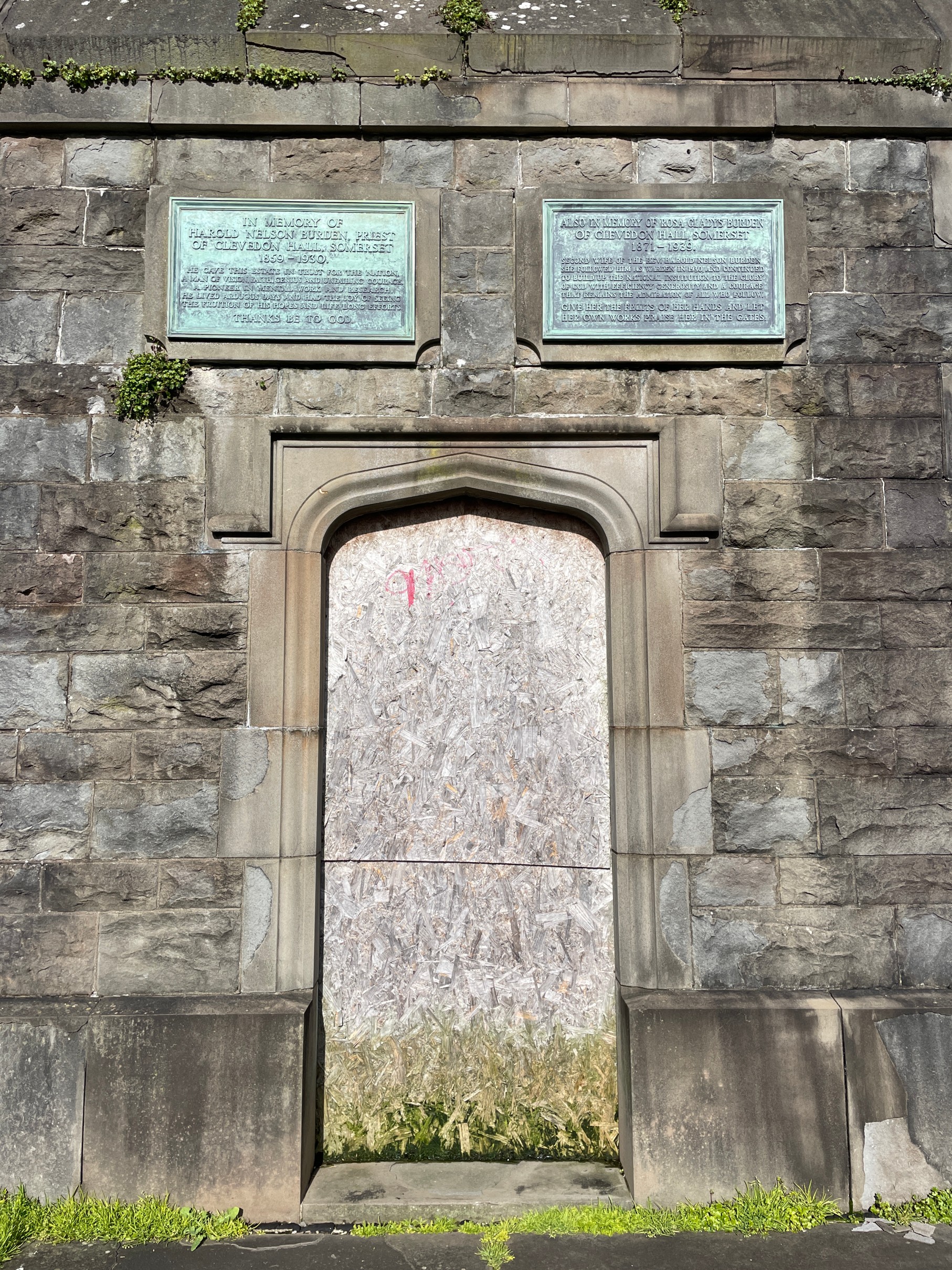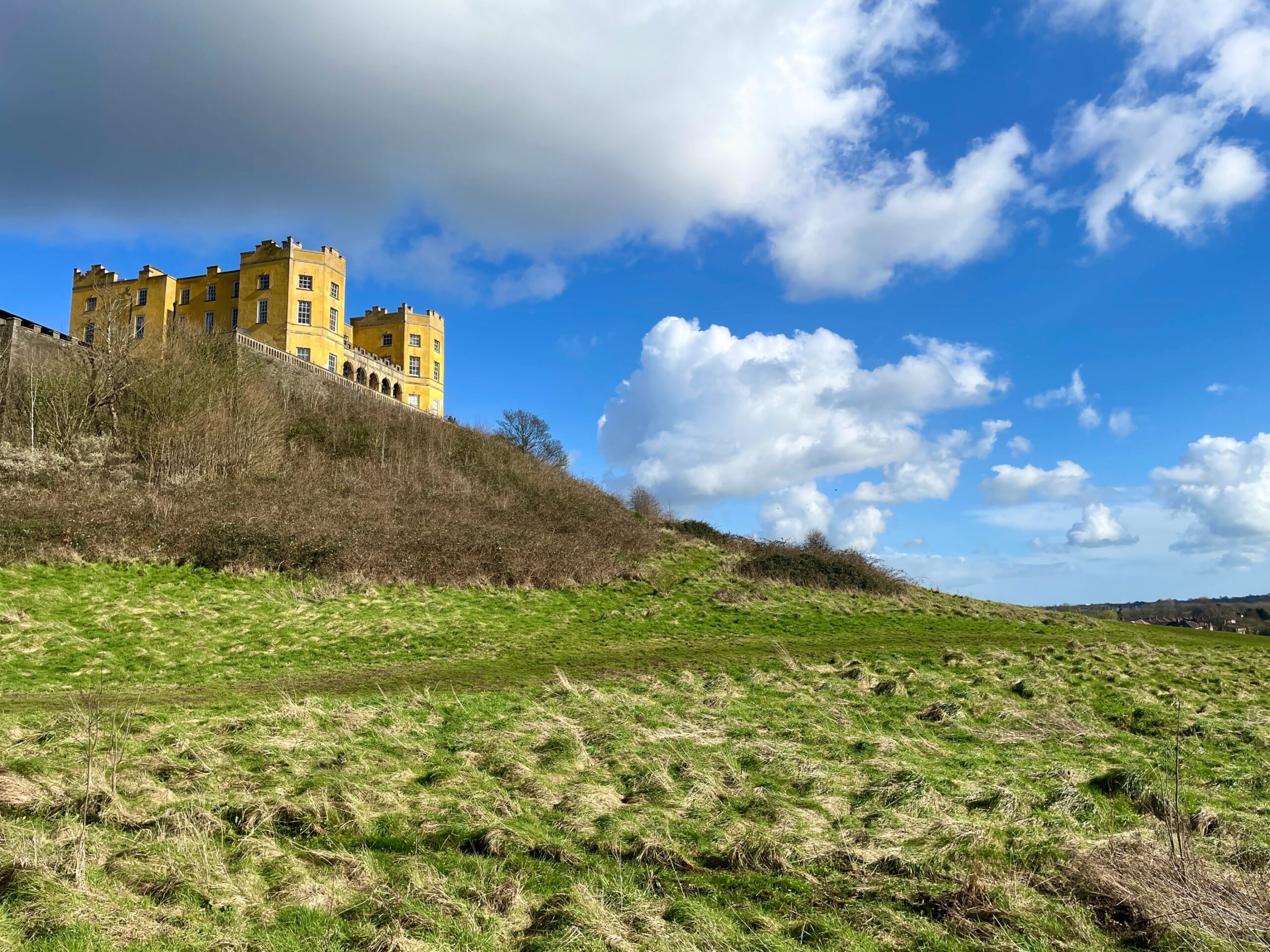
Portraits of the Unremembered
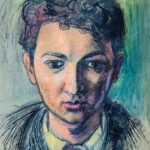
Denis William Reed – Artist within Glenside

The Burdens
Pioneers of mental healthcare
Reverend Harold Nelson Burden was an early pioneer of mental healthcare for children and adults.
Originally a farmer, Harold later worked in the slums of London, where he met his first wife Katherine. The couple married and became missionaries in Canada.
Harold’s poor health brought them back to England, where he became Secretary of the Church of England Temperance Society in Bristol, as well as of the Bristol Police Court and Prison Gate Mission. In this role, he helped to establish the Royal Victoria Home in Horfield, a refuge for criminalised or inebriate women. From this, the Brentry Reformatory for Inebriates was developed in 1899.
The Burdens went on to found the ‘National Institutions’, a network of reformatories for inebriates. Harold’s connections with the Home Office led to his appointment to the 1904 Royal Commission on the Care of the Feeble-Minded. His experiences there inspired the foundation of the Sandwell Industrial School for people with learning disabilities.

The beginning of Stoke Park Colony
Rev. Burden later founded the Stoke Park Colony with Katherine in 1909, starting with the Dower House.
Katherine died in 1919 and in 1920 Rosa Williams, the superintendent at Stoke Park since 1914, became Rev. Burden’s second wife.
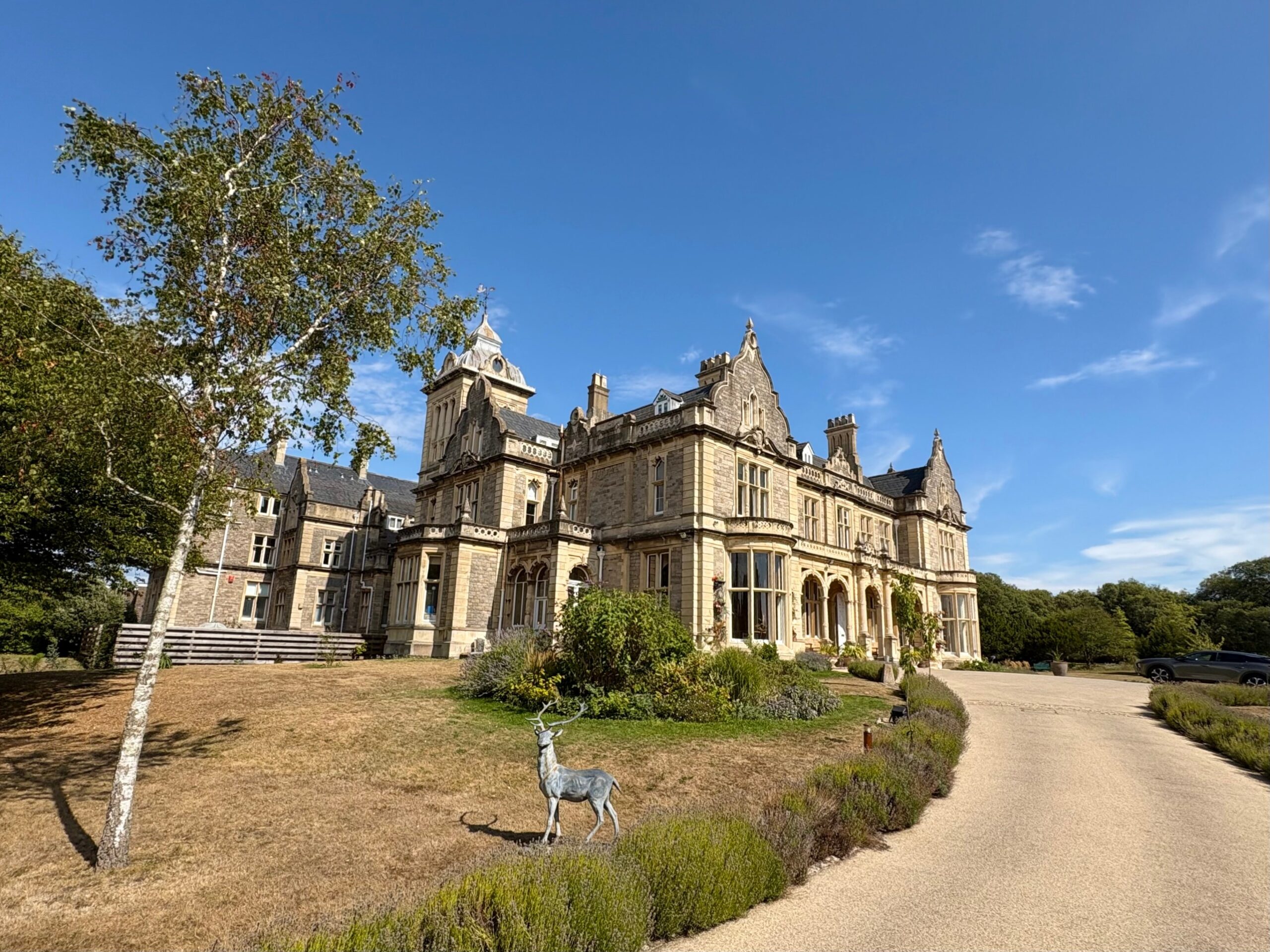
Clevedon Hall, a popular wedding venue in 2025
Clevedon Hall: A home and holiday respite
The Burdens lived at Clevedon Hall from 1926, and it was also used by residents of Stoke Park Colony for respite to work in the grounds and gardens.
Following the Rev. Burden’s death in 1930, Rosa continued to run the Colony until her death in 1939 and set up the Burden Research Trust in 1933 to support medical and psychiatric studies of the Colony’s patients.
The Trust built a dedicated epilepsy clinic with an operating theatre, wards, and laboratories, officially opening in 1939 as the Burden Neurological Institute (BNI), named after Rosa.
The BNI took a lead role in the development of neurological and psychiatric expertise in Britain, carrying out the first trial of electro-convulsive therapy (ECT) in 1939, followed by the first prefrontal leucotomy in 1940.
Clinical work continued under the NHS when the associated Burden Neurological Hospital was formed in 1969. In 2000 the BNI moved to Southmead Hospital where it remains today as the Rosa Burden Centre for Neuropsychiatry on Donal Early Way.
1930s memorial clock tower
There is a clock tower featuring as a permanent memorial to the Burdens to the rear of Dower House in Stoke Park Estate, on Parnell Road (postcode: BS16 1WA).
It commemorates both Harold and Rosa Burden for their contributions to mental health care and research in Bristol.

Explore our collection from anywhere
Discover the fascinating history of Glenside Hospital Museum wherever you are. Browse our collection virtually through the free Bloomberg Connects app, and don’t miss our specially curated Top 20 Highlights Tour.
Contact us about the museum

